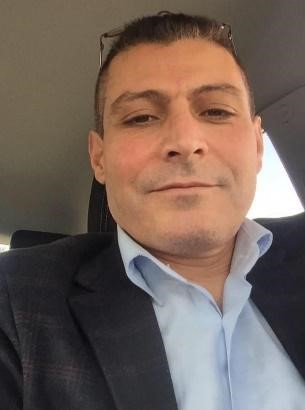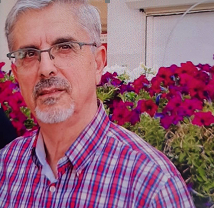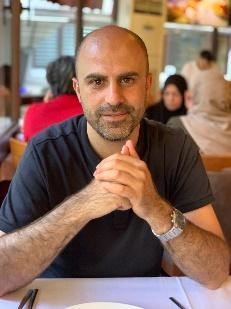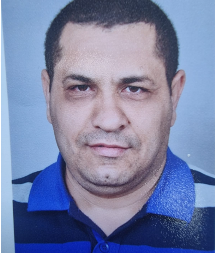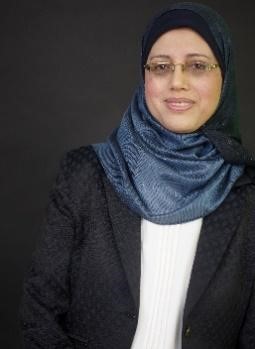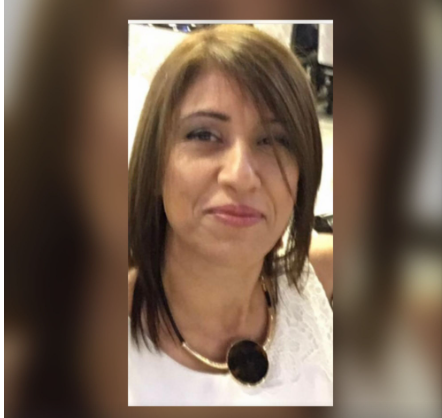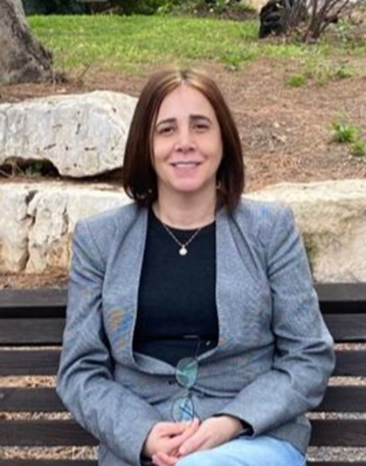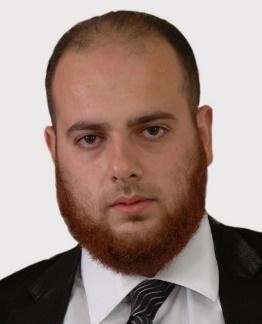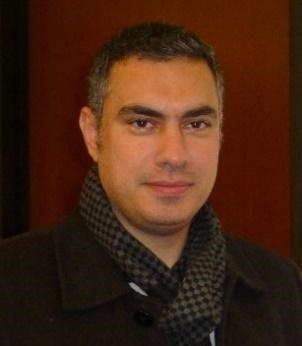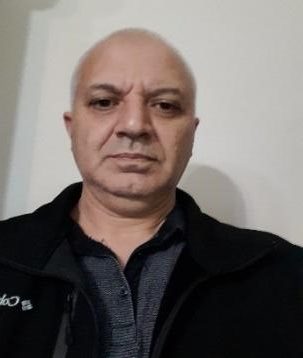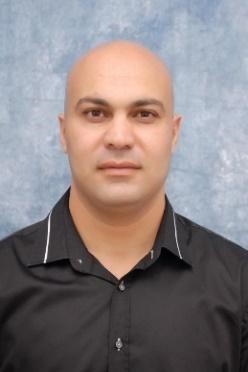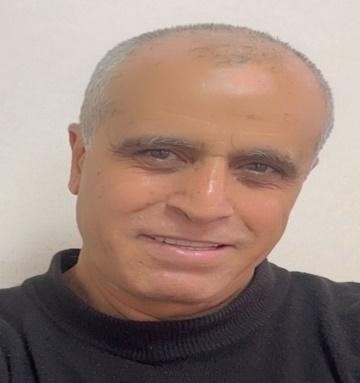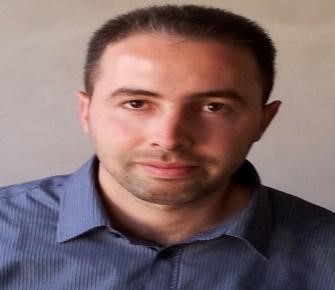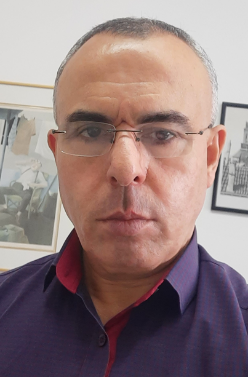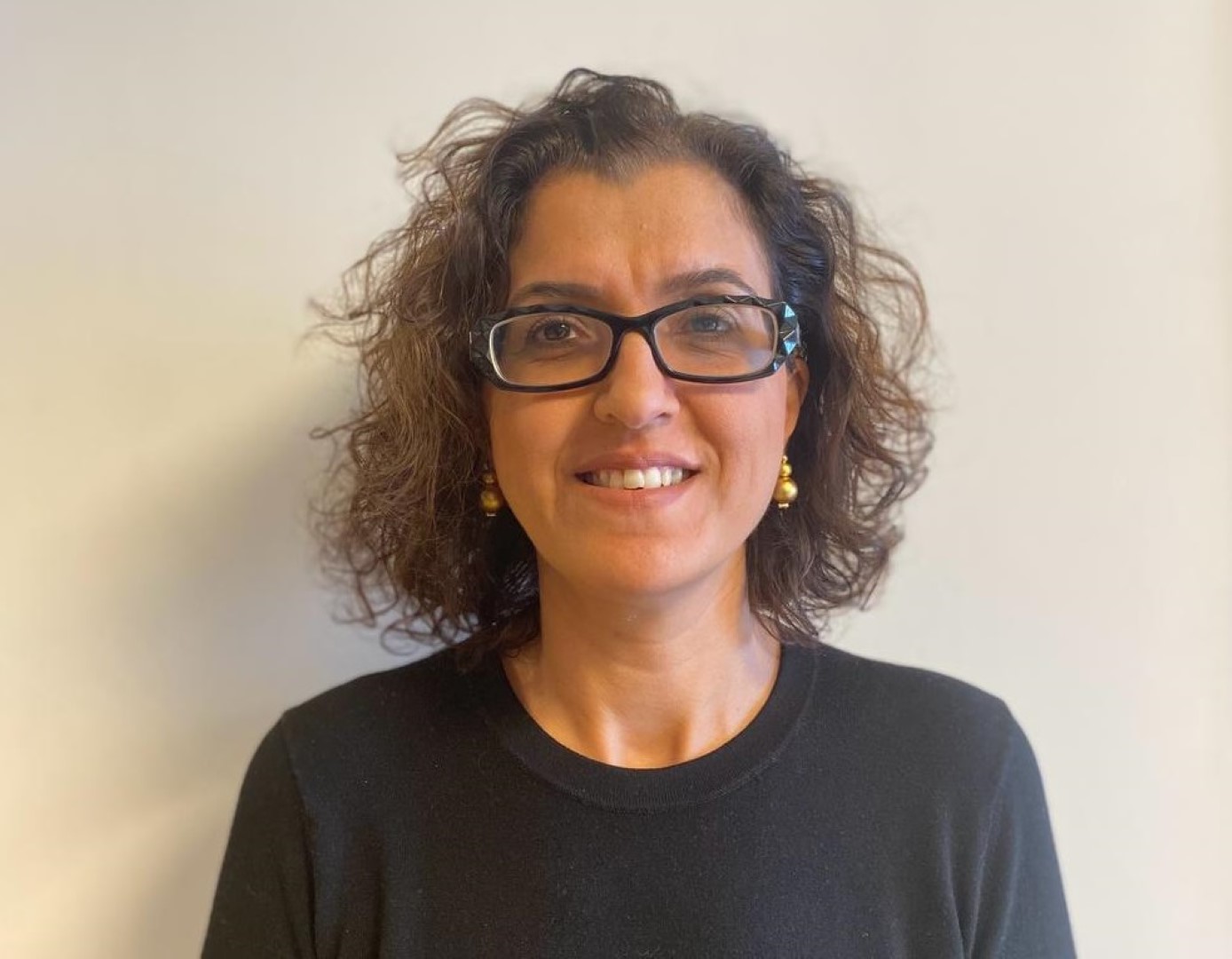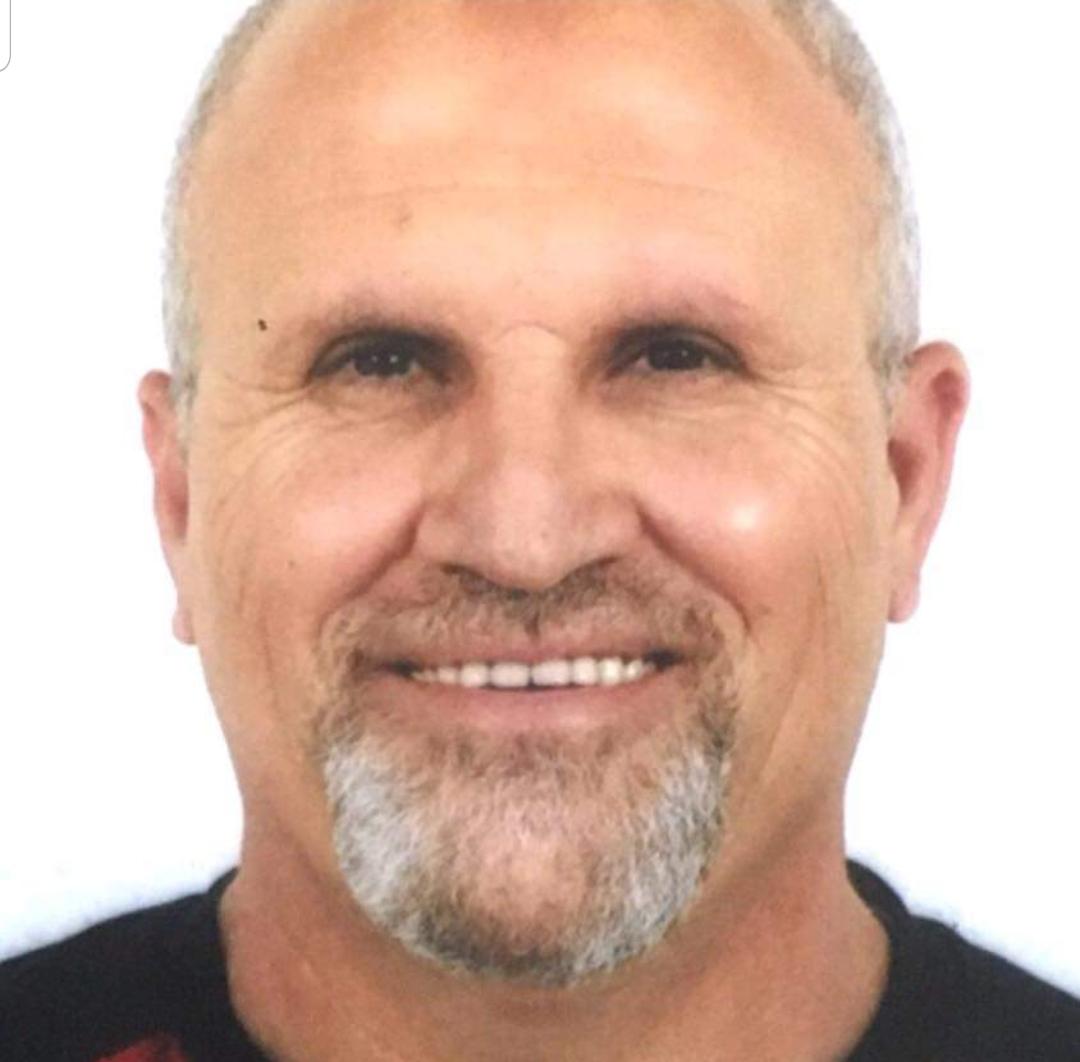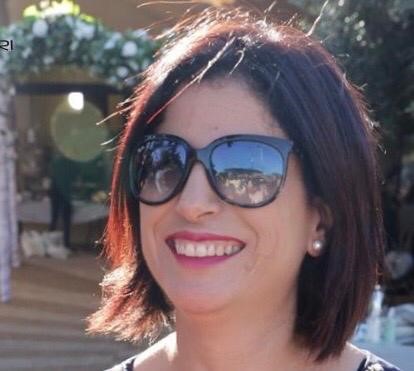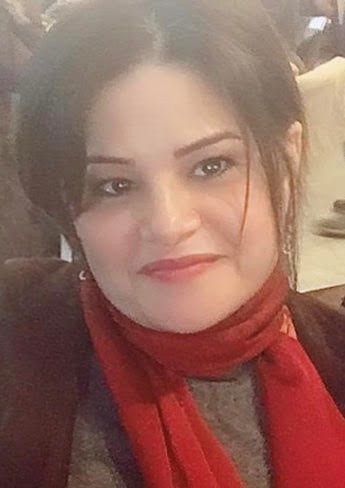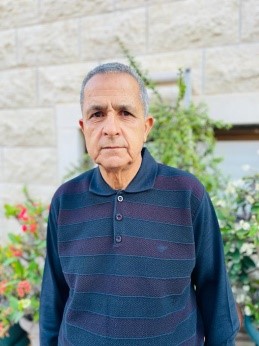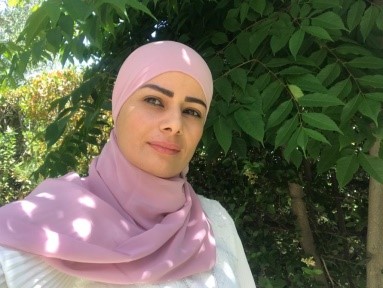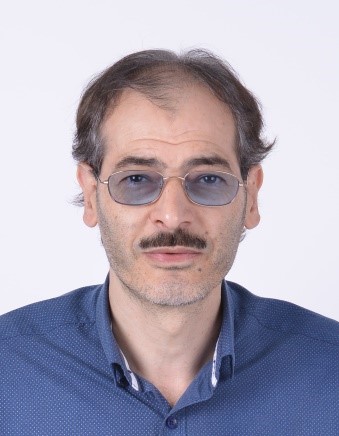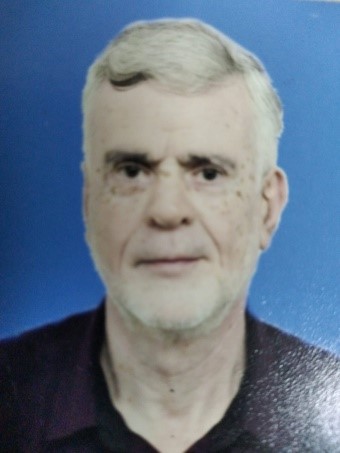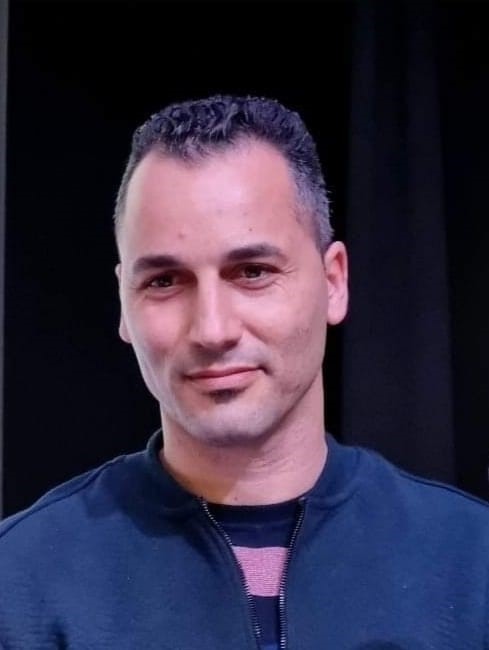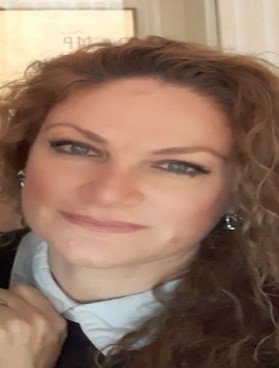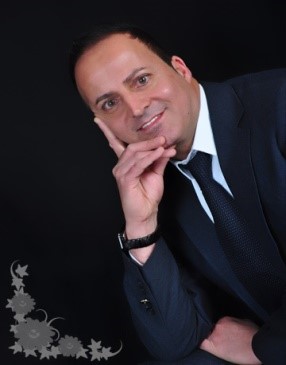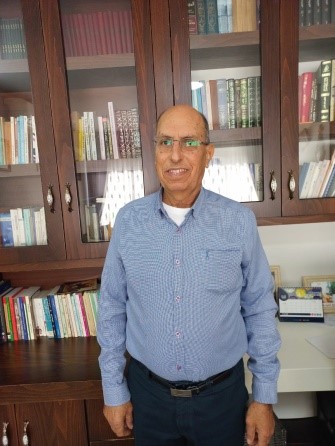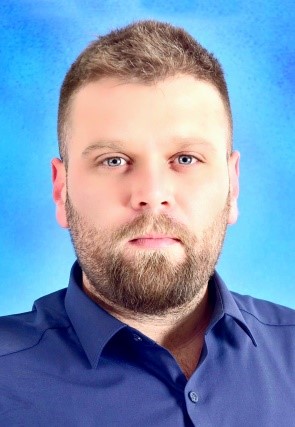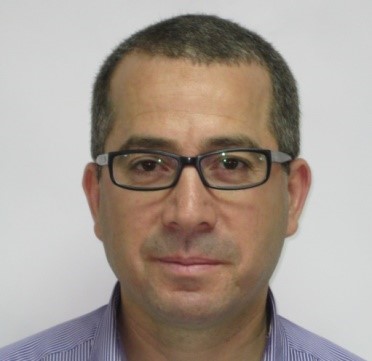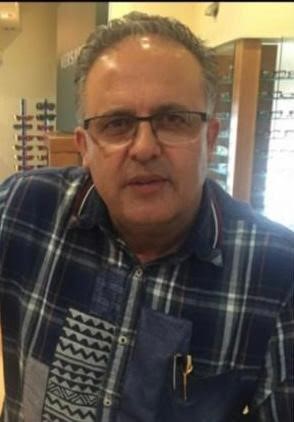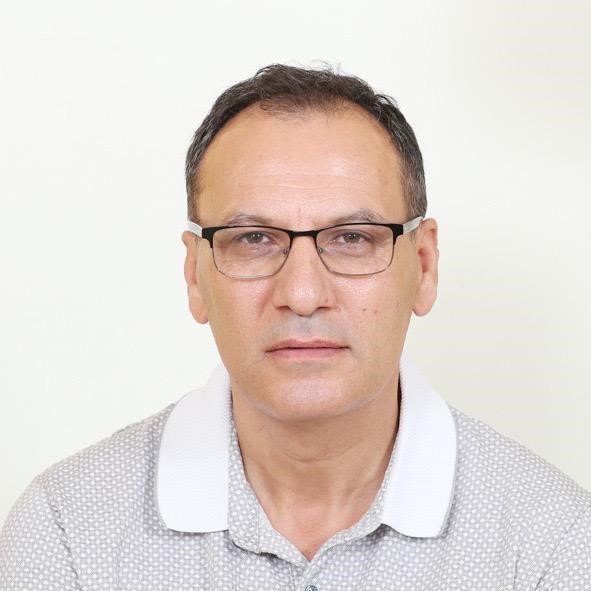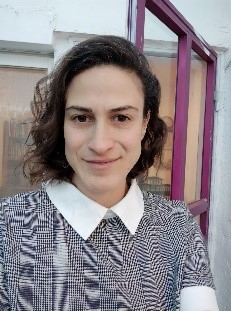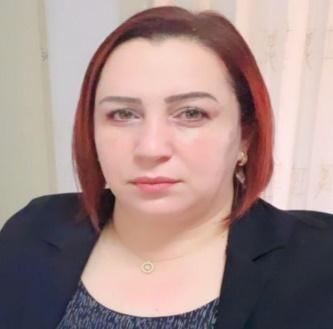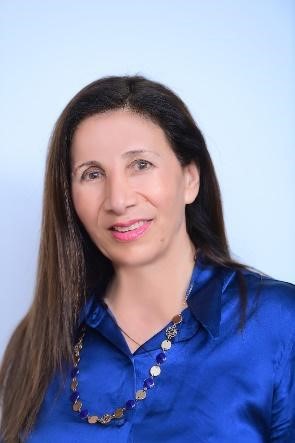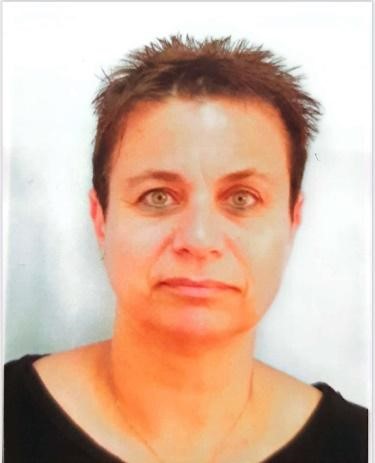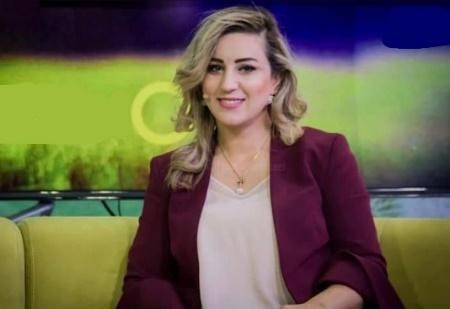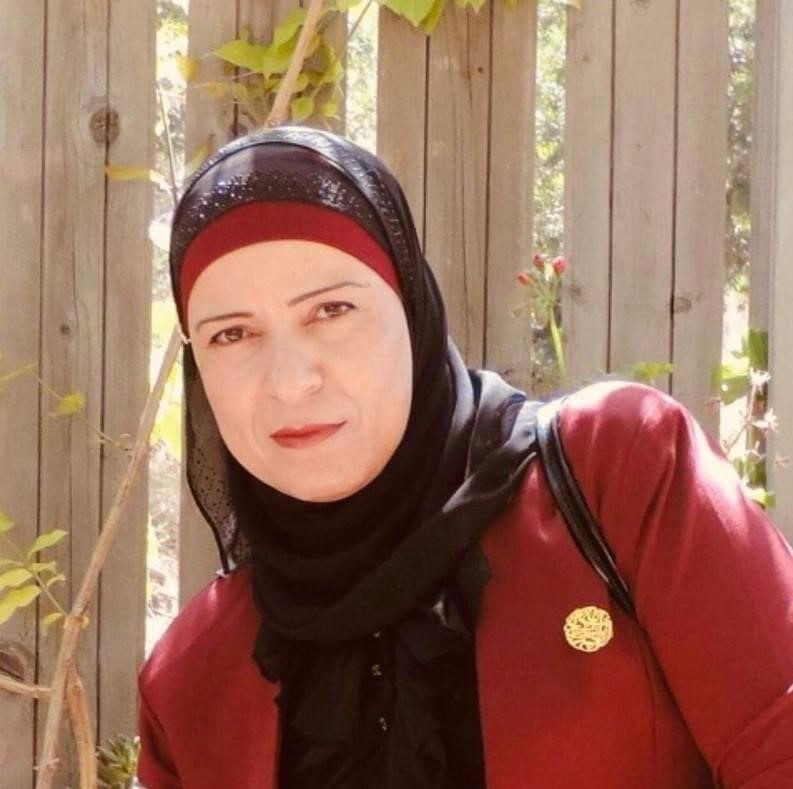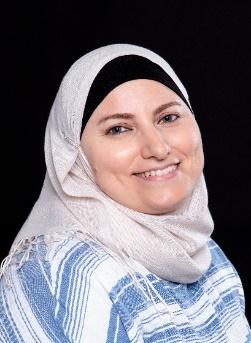| Component | First Year | Total |
|---|---|---|
| Core Studies | - | 5 w-hrs |
| Specialization Studies in Educational Counseling | - | 11 w-hrs. (6 w-hrs. theoretical classes + 5 w-hrs. counseling skills) |
| Deeper-Learning and Enrichment Studies | - | 8 w-hrs. (4 w-hrs. seminars + 4 w-hrs. enrichment classes) |
| Practical Experience | - | 4 w-hrs. training workshop (In addition to the guided practical experience hours) |
| Thesis or Final Exam | - | Final project accompanying workshop (without credit) |
| Requisite Courses | - | These requisite courses are not included in total hours for the degree, but they are required. |
| Total | - | 28 |
Educational Counseling
להרשמהAbout the program
The master’s degree program in educational counseling is designed to train professional and culturally sensitive educational counselors who will lead the education system to an optimal level of functioning. The program grants a qualified degree in education (M.Ed.) specializing in educational counseling. It is intended for teachers and other teaching staff with a bachelor’s degree in education or counseling, as well as therapeutic professionals with a teaching certificate who wish to integrate into educational settings.
Educational counseling is the profession entrusted with the mental health field within the school and is designed to help the individual, the group, and the system as a whole. Therefore, recognizing the importance of this role, the educational counseling program at Sakhnin College is dedicated to training counselors at a high academic level, equipping them with the best professional tools.
Theoretically, the program emphasizes the cultivation of an educational counselor with a broad education, comprehensive knowledge, and in-depth familiarity with current theories and research in the field. Practically, special attention is paid to cultivating a graduate with a “counseling personality” and a distinct professional identity in a guided reflective process while imparting various tools, techniques, and skills for individual, group, and systemic counseling.
The uniqueness of the student’s professional training lies in the fact that it is provided within the cultural context in which they live. In the curriculum, particular emphasis is placed on adapting the tools, skills, and techniques to the needs of Israeli society, which is characterized as a multicultural society, and in particular to those of the Arab society in Israel, which is fundamentally characterized as a traditional society undergoing many transformations and changes in the last few years.
It was designed to deepen and sharpen the strengths of the Arab education system on the one hand and shed light on the challenges that require continued strengthening and development on the other hand. This structure helps develop innovative and unique professional interventions for this society, which emphasize its issues, principles, and values, and place the uniqueness of the Arab society at the center of the professional planning and execution.
The study program includes 28 NIS and is spread over two years of study (4 semesters). It consists of core studies, specialization studies in educational counseling, deepening and enrichment studies, practical experience, and a final thesis or exam.
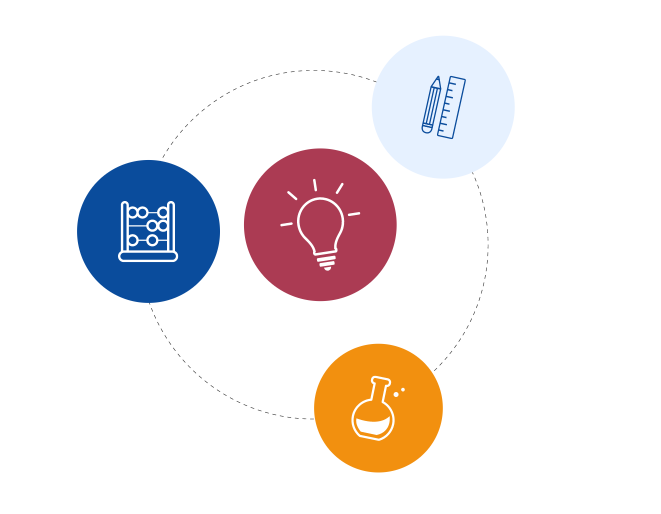
Academic staff
Students and Graduates tell
The Program
- Program
- תנאי מעבר
- Courses
- Seminars
- Workshops
- Practical Experience
- Courses
- Final Project
Admission Requirements
- Admission Requirements
- Bachelor’s degree in education, counselling, therapeutic professions (such as: social work, psychology), with an average grade of 85 or higher.
- Teaching Certificate.
- Two letters of recommendation attesting to the candidate’s qualifications, experience and performance in the academic and professional fields.
- Passing an admissions interview.
- Success in requisite courses with a score of at least 80.
